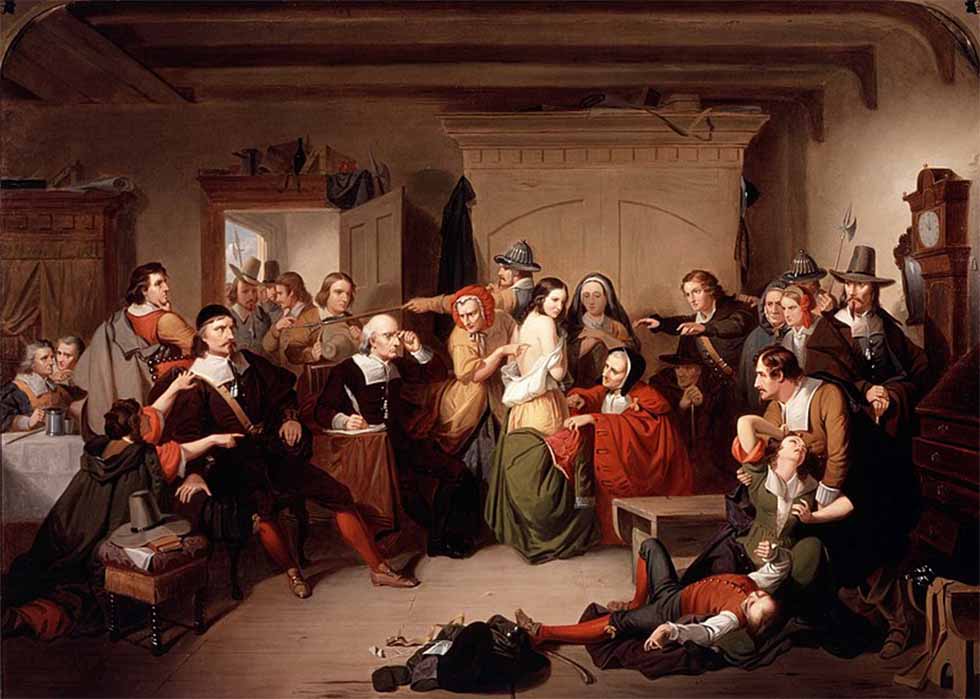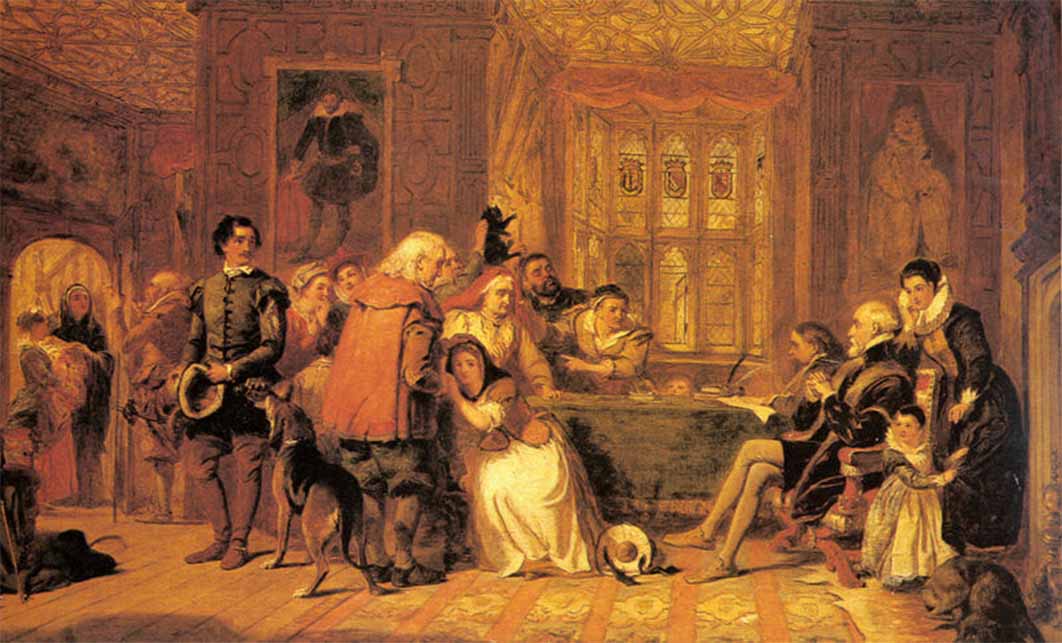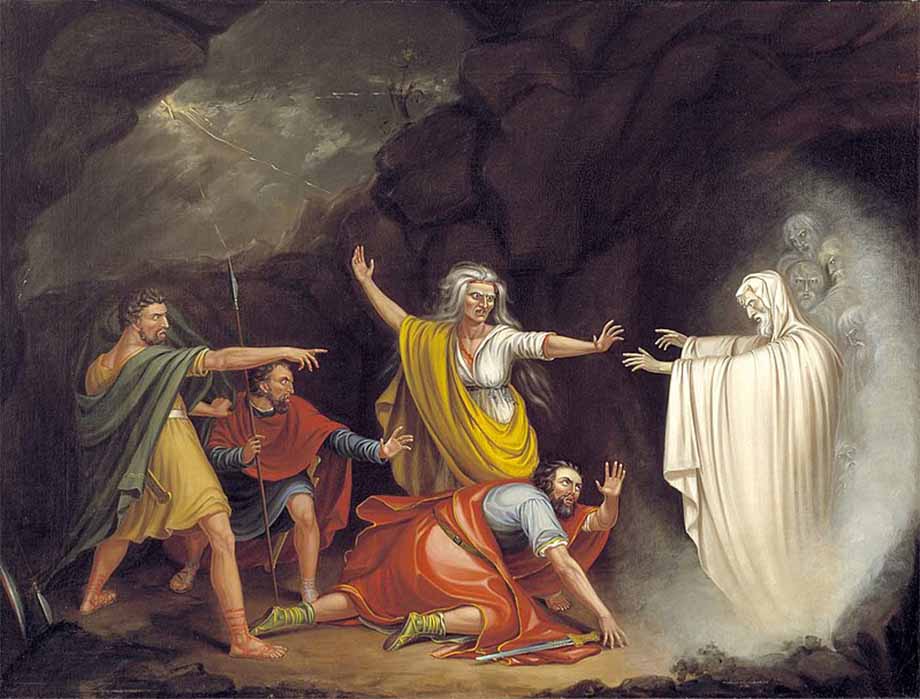
Strixology: Recording Diabolical Practices Of Renaissance European Witch Hunts
Foemina Instrumentum Diaboli can be translated as ‘Women are instruments of the devil’, which sums up the essence of Renaissance witch hunts in Europe. The word ‘witch’ evokes the figure of an elderly woman, dressed in rags, with a cone-shaped black hat on her head, hooked nails, disheveled hair and a large mole on a long pointed nose; a horrible woman to look at, who lives in a hovel, mixes foul-smelling potions in her cauldron and who, whilst grinning, caresses toads, cats and black dogs. One might smile condescendingly at this stereotype, and thus ignore the terrible history of witches. However, in many cultures the belief in the occultic powers of witches is still rife and women accused of performing spells are killed, and one cannot forget the complex and dramatic phenomenon known as the ‘witch hunt’, which scourged Europe, not even sparing children. Between 1450 and 1750 Europe was the scene of an unprecedented persecution madness: thousands of people were tried for the crime of witchcraft, mostly women, not always elderly, usually widows or single women, without a protector male, most belonging to the lower social classes.

The Witch Trial by William Powell Frith (1848) (Public Domain)
Margaret L. King in The Renaissance in Europe (2003) has remarked that during the period between 1480 and 1700 more women were killed for witchcraft than all other crimes combined and nearly 100,000 suspects were brought to trial throughout Europe. Particularly, in Italy the number of death sentences for witchcraft was low compared with that of other European regions; and the highest, about half, were in Germany.
The Intellectuals’ Strixology
It was above all the individuals and populations who lived in isolated places, in miserable conditions and afflicted with physical deformations, that mostly attracted the attention of the inquisitors. Moreover, as some scholars have pointed out, contrary to what is commonly believed, the Inquisition actually brought a brake to the spreading of the witch hunt, while it was more easily favored where there was no strong political or religious authority.

Saul and the Witch of Endor, by William Sidney Mount (1828) Smithsonian American Art Museum (Public Domain)
Several authors have remarked how it is extremely difficult, if not impossible, to distinguish the real from the imaginary elements in the witch depositions, since most of the information was drawn from the trial documents. A witch appears to have been a figure created ad usum by theologians and jurists, who consulted texts such as the Holy Scriptures, for elements that would define a witch.
- Bodies Left Behind - A Cruel History of Persecution, Shamanic Ecstasies & the True Witches’ Sabbath
- The Fate of English Witches: From Water Torture to Divine Retribution
- Busakatsi Witchcraft in Africa: Religion Or Criminal Act
Cristoph Daxelmüller (1997) commenting on strixology –a genre of writing about the reality and dangers of witches, their origins, character and power; often in the context of theology or of demonology - observe that the literary sources only allow one to grasp the elitist concept of magic and the point of view of cultured theorists: “The victims, saga (witch) and magus (magician), take shape only in the perception of the chroniclers. (…) we owe our knowledge of wizards, witches and magical practices until the end of the 17th century exclusively to the point of view of the intellectual elite. They made use of the European lingua franca, Latin, had mostly completed a university study and could have access to the voluminous magiological compendiums and treatises that warned against the sin of magic. (…) Up until the late 18th century, learning meant appropriating knowledge on the basis of exemplary cases (exempla), and the records of lessons and the treatises and dissertations of the 16th, 17th and 18th centuries show that in the gymnasiums and universities of the early modern age, magiological and demonological themes had a fixed place in the lesson plans. Therefore, the gaze of those who drew up the protocols of the trials of theologians and lawyers to whom we owe the written notes was not only well focused, but also pre-set; they knew what to focus on, what to write down, and how to ask questions. (…) autobiographies of witches are a phenomenon of the 20th century”.





